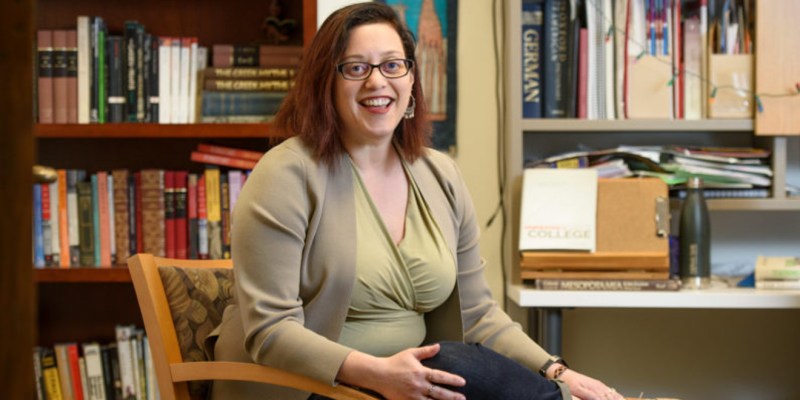A new advising system for incoming students will soon replace the existing Pre-Major Advising program.
Stanford Advocates for Growth and Exploration (SAGE) will apply to first-year and transfer students entering Stanford in the fall of 2018. Unlike pre-major advisors under the existing system, SAGEs will receive different training, serve a more clearly-defined role and be matched to their advisees through a different system, according to Undergraduate Advising and Research (UAR) director Louis Newman.
In past years, the PMA program has received mixed responses from students and PMAs alike. According to focus groups and surveys conducted by UAR, 20 percent of students reported great satisfaction with the PMA system, another 20 percent reported great dissatisfaction, and the other 60 percent fell in somewhere in between.
Some students reported successful relationships with their PMAs. Nikita Darbar ’20, for example, said she is currently working in her former PMA’s geophysics research lab.
Students’ mainly felt their PMAs didn’t know enough about courses, majors and academic opportunities to provide enough helpful information.
“I was deciding between biomechanical engineering, mechanical engineering and product design,” a student opposed to the PMA program told The Daily in Dec. 2016. “While this professor was related on a surface level [to my undergraduate interests], that didn’t correlate in any way to how to get there from an undergraduate standpoint.”
PMAs largely complained that students did not attend scheduled meetings and were unresponsive to emails, according to Newman.
“The advisor-student relationship is a two-way street,” he said.
He added that UAR provided a “Newcomer’s Guide to Pre-Major Advising” book to all incoming students in the fall of 2017 to clarify the student’s role in their advising system.
Based on the advising focus groups, UAR identified interpersonal connection as a key ingredient to a successful student-mentor relationship. According to Newman, the SAGE program emphasizes relationship-building. Specifically, the program aims to enhance students’ discussions with their advocates on their goals, interests, transition to college and engagement with the Stanford community.
Newman added that this re-emphasis prompted UAR to drop the word “advisor” from SAGE, so as to avoid confusion about the program’s function. Beginning in fall 2018, UAR will also refer to all remaining PMAs as SAGEs.
Under the PMA program, freshmen and transfers were matched to advisors depending on their residences, potential majors, athletic involvement and other interests indicated in a letter each incoming student wrote to their PMA before arriving on campus.
According to Alice Petty, director of Pre-Major Advising, the SAGE matching system will not be based on dorms or potential majors.
“We will be inviting incoming frosh to indicate the sort of mentoring they would most appreciate and then match them with SAGEs who can offer them that sort of guidance,” she said.
Additionally, students will be required to meet with their SAGEs until their sophomore fall quarter or until they declare their major, whichever comes first. This contrasts with the PMA policy of meeting every quarter until a student had declared their major, sometimes well into the student’s sophomore year.
Currently, each undeclared student has a quarterly hold placed on their Axess course registration system. PMAs have the power to lift this restriction, theoretically after meeting with their advisee.
However, some advisors and students do not meet quarterly, as this policy mandates.
“Instead of bothering to meet with [my PMA], I’d just email her to remove my enrollment hold,” a sophomore said.
Newman said that students need SAGE mentorship for the first full year, and beyond that it is at their own discretion to continue meeting with their SAGE and carry the relationship forward if they deem it beneficial.
The recruitment process for SAGEs is ongoing, according to Newman. Since the announcement of the new program last week, UAR has received over 25 queries from Stanford faculty and staff who are interested in serving as SAGEs. Current PMAs may choose to continue as SAGEs or opt out of the program.
Petty also oversees the development of SAGE training workshops.
“We are emphasizing a more holistic approach to mentoring,” she said. “Navigating Stanford can feel like trying to drink out of a fire hose…Your SAGE is there to help you develop your own expertise — in and for yourself — by talking with you about all of the components and experiences that make up a Stanford education.”
Contact Surbhi Sachdeva at surbhi3 ‘at’ stanford.edu.
